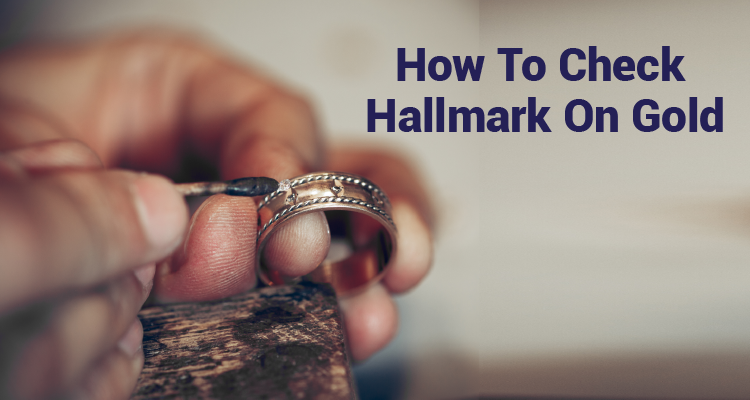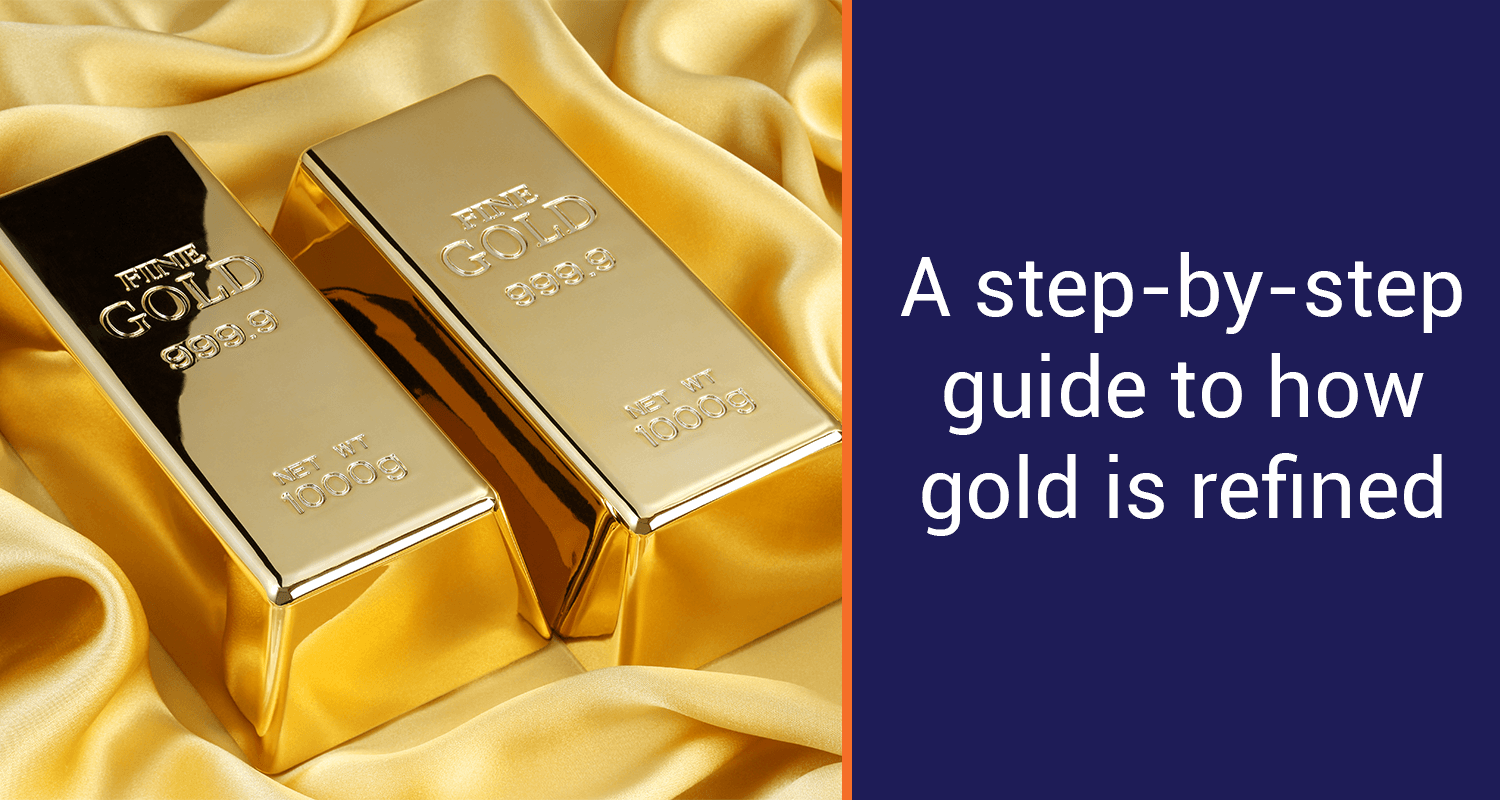Ways to Avoid Capital Gains Tax on Sale of Gold

People around the world have always cherished gold for its beauty and its value as an investment. It is a sign of success and affluence in many cultures. But investing in gold also comes with tax consequences. One of the most confusing aspects of owning gold is the capital gain tax. In this article, we will explain what is gold loan capital gain tax, how it differs for long-term and short-term gains, how to reduce or avoid paying capital gains tax, and how to claim income tax exemptions on gold purchases.
What is Gold Loan Capital Gain Tax?
Gold loan capital gain tax is the tax you pay on the profit you make from selling gold. If you sell your gold at a higher price than what you bought it for, you have made a capital gain. The tax rate you pay on this gain depends on several factors, such as how long you keep the gold before selling it.What is Gold Long-Term Capital Gain Tax?
Long-term capital gain tax on gold in India applies when you sell your gold after holding it for a long time. Usually, this means more than three years in most countries. This tax category aims to promote long-term investments, and the tax rates are usually lower than short-term gains. Long-term capital gains on gold are generally taxed at a lower rate, making it a good option for investors who want to keep their gold for a long time.What is Gold Short-Term Capital Gain Tax?
On the other hand, short-term capital gain tax on gold in India applies when you sell your gold within a short period. The duration that counts as 'short-term' can vary from country to country, but it is usually within three years. Short-term capital gain tax is usually higher than long-term gains. This is meant to discourage the frequent buying and selling of gold for speculative purposes.How to Avoid Capital Gain Tax on Gold?
Capital gain tax on gold can be a significant expense, but there are some legitimate ways to reduce it. Here are some of them:
1. Sovereign Gold Bonds: These are bonds issued by the government that let you invest in gold without paying any capital gain tax when you redeem them at maturity.
2. Gold ETFs and Mutual Funds: These are financial instruments that track the price of gold. You don't have to pay any capital gain tax until you sell your units.
3. Capital Losses: You can use the losses you have made on other investments to offset the gains you have made on gold. This can lower your tax bill.
What is section 54F & its benefits
Section 54F of the Income Tax Act, 1961, in India provides tax relief on capital gains arising from the sale of any long-term capital asset other than a residential house. The relief is settled if the net consideration from the sale is reinvested in purchasing or constructing a residential house within a specified period. Some benefits of Section 54F are given below:
- Tax Savings:
- Helps in complying or completely saving tax on long-term capital gains by reinvesting the sale proceeds in a residential property.
- Encourages Real Estate Investment:
- Promotes investment in residential properties, thus contributing to the growth of the real estate sector.
- Flexibility in Reinvestment:
- Provides flexibility to the taxpayer to reinvest in a residential property either by purchasing an existing house or constructing a new one.
- Proportional Exemption:
- Allows for a proportional exemption if the entire sale consideration is not reinvested, providing part tax relief.
- Multiple House Exemption:
- For capital gains up to ₹2 crores, allows investment in two residential houses, giving a broader scope for exemption.
By understanding and using Section 54F, taxpayers can reduce their tax liabilities and invest in residential properties effectively.
How to Save Capital Gain Tax?
Saving on capital gain tax may not be impossible, but it requires some planning. Here are some tips to help you plan better:
1. Invest for the Long Term: If you hold your gold for a longer period, you may be eligible for lower long-term capital gain tax rates.
2. Indexation Benefit: Some countries allow you to adjust the purchase price of your gold for inflation. This can reduce your taxable gain.
3. Capital Gain Tax Exemptions: Look out for any exemptions that your country's tax laws may offer. For example, some countries exempt certain types of gold investments, like Sovereign Gold Bonds.
4. Gift or Inheritance: In some regions, if you get gold as a gift or inheritance, you may not have to pay any capital gain tax when you sell it.
Get Gold Loan at the comfort of your home
Apply NowComparison chart: Tax-Saving Instruments and Their Benefits
| Instrument | Description | Tax Benefits | Ideal For |
| Sovereign Gold Bonds (SGB) |
Government-backed bonds that signify gold value. |
Interest income is taxable, but capital gains on redemption (after 8 years) are tax-free. |
Long-term investors looking for a safe investment and tax benefits. |
| Gold ETFs |
Exchange-traded funds that invest in gold and skill on the stock exchange. |
Short-term capital gains (held <3 years) are taxed as per the investor’s income slab, while long-term gains (held >3 years) are taxed at 20% with indexation. |
Investors looking for liquidity and who want to trade gold like stocks. |
| Digital Gold |
Online purchase and storage of gold are provided by several platforms. |
Short-term capital gains are taxed according to the investor’s income slab, while long-term gains (held >3 years) are taxed at 20% with indexation. |
Tech-savvy investors who prefer the convenience of online transactions and smaller investment amounts. |
| Gold Savings Schemes |
Offered by jewelers, these schemes allow regular savings towards the buying of gold jewelry. |
No specific tax benefits. Short-term and long-term capital gains taxes apply based on the holding period. |
Individuals planning to buy gold jewelry in the future, often for personal or ceremonial use. |
| Physical Gold |
Direct purchase of gold in the form of jewelry, coins, or bars. |
Short-term capital gains are taxed as per the investor’s income slab. Long-term gains (held >3 years) are taxed at 20% with indexation. |
Traditional investors and those who favor tangible assets. |
Short term Gain/Loss & Long Term Capital Gain/Loss
When assets such as shares, mutual funds, real estate property, vehicles or gold are sold within, or after a particular holding period, the buyers realize gains/losses. These gains/losses are of two types, viz, short-term capital gains or long-term capital gains.
Short-term capital gain/loss is the gain/loss arising from the sale of an asset within a holding period. If the asset's selling price is higher than the purchase price, the buyer makes a profit. However, if the selling price is lower than its purchase price, the buyer makes a loss.
Similarly, long-term capital gain/loss is the gain/loss from an asset after holding it over and above a specific period. Depending on the higher/lower sale price vis-a-vis the lower/higher purchase price, the buyer makes a gain/loss.
There are two important determinants of the capital gains tax. One, is the type of asset, and the other is the holding period. The applicable capital gain/loss tax is determined if the sale was made within the asset’s short-term or its long-term holding period.
Let us look at some assets and their holding periods.
| Type of Asset | Holding Period | Applicable Tax Rates | ||
|---|---|---|---|---|
| Short-term | Long-term | Short-term | Long-term | |
| Mutual funds/stocks and other listed assets | <1 | >1 | 15.60% | Tax-exempted |
| Real Estate | <2 | >2 | As per the income tax slab rate | 20.8% (with indexation) |
| Debt-oriented mutual funds | <3 | >3 | As per the income tax slab rate | 20.8% (with indexation) |
| Gold jewellery | <3 | >3 | As per the income tax slab rate | 20.8% (with indexation) |
Calculation Of Tax on Short Term And Long Term Gain From Sale Of Gold
Calculation of Short-term Capital Gain Tax on Gold
When a buyer realizes short-term gains or losses from the sale of gold jewellery, the buyer is charged at the applicable income tax rate. Let us understand this with an example.
Suppose a buyer makes capital gains of Rs. 2,75,000, and his income falls in the income tax slab with the applicable rate of tax as 5% (as per old tax regime), the tax amount the buyer pays is Rs.13,750.
This means, the buyer pays Rs. 13,750 as income tax for holding the gold jewellery and selling it within three years.
If the buyer had made a loss, he would still be taxed on the loss.
Generally, the following formula is used to calculate the short-term capital gain tax on an asset (subject to the type of the asset)
Short-term Capital Gain = Sale Value of Asset - (Cost of Acquisition + Cost of Improvement + Cost of Expenses Incurred on Transfer)
Calculation of Long-term Capital Gain Tax on Gold
If a buyer holds gold jewelry for over three years and sells it anytime after those three years, he would be taxed on the gains/losses arising from the sale.
Here, the long-term rates of capital gains tax apply, viz. 20.8% (with indexation and health and education cess of four per cent). Indexation is the adjustment made to the cost of the asset given the inflation index. Indexation reduces investor’s tax burden by adjusting the acquisition cost as per inflation, thus bringing down the taxable gains. This benefit also encourages long-term investing.
Let us understand this with an example.
Suppose a buyer sells his gold jewelry after holding it for over three years. He makes gains of Rs.4 lakh. Now, he will be taxed at a rate of 20.8%, including indexation.
As per this,
The amount of tax he has to pay is,
Long-term capital gain tax = Capital gain * 20.8%
= Rs. 4,00,000 * .0208
= Rs. 83,200.
So, the buyer pays Rs. 83,200 as tax from the gains from the sale of the gold jewelry after holding it for over three years.
How to Calculate Capital Gain on Sale of Old Gold Jewellery?
If you sell your old gold jewellery, you need to know how to calculate the capital gain on it. Here are the steps to follow:
1. Find out how much you paid for the jewellery, including any extra charges like making fees or taxes.
2. Subtract the amount you paid from the amount you sold it for to get the capital gain.
3. Depending on how long you owned the jewellery, apply the relevant tax rate for short-term or long-term capital gain.
4. Multiply the capital gain by the tax rate to get the tax amount.
Income Tax Exemption on Gold Purchase
There are not many income tax exemptions for gold purchases compared to other investments. But some countries may have some benefits for buying gold:
1. Sovereign Gold Bonds: For instance, in India, you don't have to pay income tax on the interest you earn from Sovereign Gold Bonds. You also don't have to pay capital gain tax if you redeem them at maturity.
2. Senior Citizens: Some countries may give special tax benefits to senior citizens who buy gold, such as lower tax rates or exemptions.
3. Gifts and Inheritance: In many places, you don't have to pay income tax on gold that you receive as a gift or inheritance.
Conclusion
Gold is a valuable asset and investment, but it can be tricky to deal with gold loan capital gain tax. You should know the difference between short-term and long-term capital gain tax, look for ways to reduce your tax burden, and be aware of any income tax exemptions that may apply to your gold purchases. This will help you make smart decisions about your gold investments and avoid any tax problems. Whether you are an experienced investor or a beginner in the gold market, this knowledge will help you make the best of your investments and follow the tax rules. So, when you invest in gold, make sure you also invest in your tax knowledge.
FAQs
1). Is there capital gains tax on gold sales?Yes, gold, as in gold jewellery, is an asset. So, it attracts capital gains tax if held for the short-term, as well as for the long-term.
2). Can I save tax if I buy gold?Buying gold jewellery may help you save tax if you have earned interest from Sovereign Gold Bonds. Even on maturity, the capital gain tax is not applicable. Some countries may give special tax benefits to senior citizens on the purchase of gold.
3). How do you calculate capital gains on gold?It is the excess amount after you deduct the payment (including making fees or taxes) made when buying the gold.
4). What is the tax on gold in 2024?Gold jewellery attracts three per cent GST and five per cent as making charges.
5). What is the capital gains tax on the sale of personal jewellery?As per the old and new tax regimes in FY 2023-24, the short-term tax rates applicable range between 5-30% depending on the capital gains/losses.
While the long-term tax rate is 20.8% (including indexation and health and education cess of four per cent)
Get Gold Loan at the comfort of your home
Apply NowDisclaimer: The information contained in this post is for general information purposes only. IIFL Finance Limited (including its associates and affiliates) ("the Company") assumes no liability or responsibility for any errors or omissions in the contents of this post and under no circumstances shall the Company be liable for any damage, loss, injury or disappointment etc. suffered by any reader. All information in this post is provided "as is", with no guarantee of completeness, accuracy, timeliness or of the results etc. obtained from the use of this information, and without warranty of any kind, express or implied, including, but not limited to warranties of performance, merchantability and fitness for a particular purpose. Given the changing nature of laws, rules and regulations, there may be delays, omissions or inaccuracies in the information contained in this post. The information on this post is provided with the understanding that the Company is not herein engaged in rendering legal, accounting, tax, or other professional advice and services. As such, it should not be used as a substitute for consultation with professional accounting, tax, legal or other competent advisers. This post may contain views and opinions which are those of the authors and do not necessarily reflect the official policy or position of any other agency or organization. This post may also contain links to external websites that are not provided or maintained by or in any way affiliated with the Company and the Company does not guarantee the accuracy, relevance, timeliness, or completeness of any information on these external websites. Any/ all (Gold/ Personal/ Business) loan product specifications and information that maybe stated in this post are subject to change from time to time, readers are advised to reach out to the Company for current specifications of the said (Gold/ Personal/ Business) loan.



